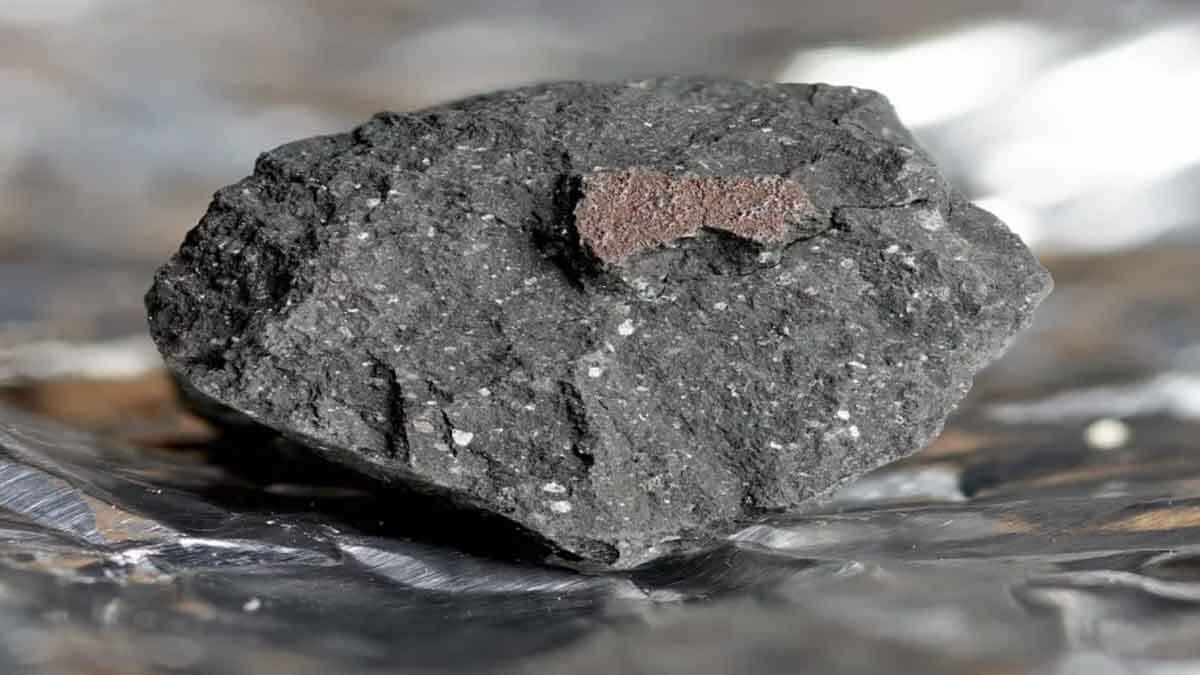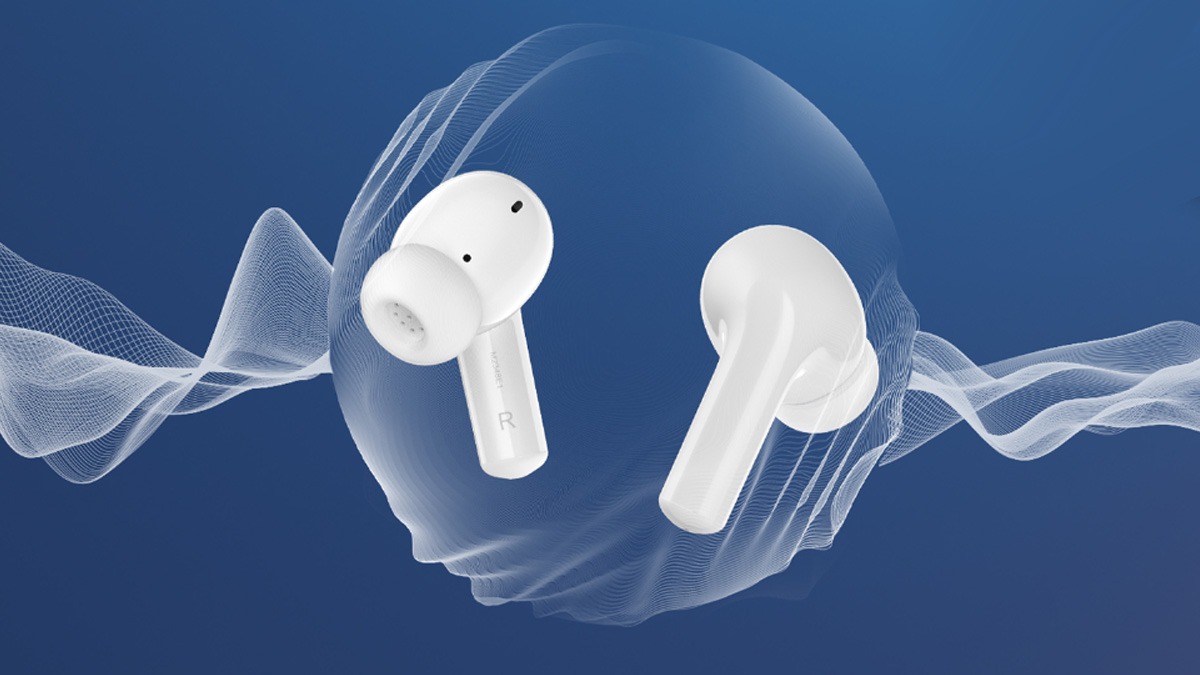Just In
- 27 min ago

- 32 min ago

- 1 hr ago

- 1 hr ago

Don't Miss
- Sports
 ONE Friday Fights 59 Results: Yamin Beats Ouraghi In Freak Stoppage, Yodthongthai Topples Petnamngam
ONE Friday Fights 59 Results: Yamin Beats Ouraghi In Freak Stoppage, Yodthongthai Topples Petnamngam - News
 Bengaluru Traffic Alert: Avoid These Roads On April 20 Between 1 PM To 7 PM
Bengaluru Traffic Alert: Avoid These Roads On April 20 Between 1 PM To 7 PM - Lifestyle
 Mahavir Jayanti 2024: Date, Time, History, Celebrations And Teachings Of Lord Mahavir In Jainism
Mahavir Jayanti 2024: Date, Time, History, Celebrations And Teachings Of Lord Mahavir In Jainism - Automobiles
 Ford Mustang 60th Anniversary Package – Limited To Just 1,965 Units
Ford Mustang 60th Anniversary Package – Limited To Just 1,965 Units - Movies
 Paarijatha Parvam Full Movie Leaked Online In HD For Free Download Hours After Its Theatrical Release
Paarijatha Parvam Full Movie Leaked Online In HD For Free Download Hours After Its Theatrical Release - Finance
 Daily Relative Strength Index RSI In A Bullish Mode of This Pharma Stock; Buy For TP Rs 635-685
Daily Relative Strength Index RSI In A Bullish Mode of This Pharma Stock; Buy For TP Rs 635-685 - Education
 Exam Pressure Does Not Exist; Studying Punctually is Crucial; Says Aditi, the PSEB 2024 Topper
Exam Pressure Does Not Exist; Studying Punctually is Crucial; Says Aditi, the PSEB 2024 Topper - Travel
 Journey From Delhi To Ooty: Top Transport Options And Attractions
Journey From Delhi To Ooty: Top Transport Options And Attractions
4.6 Billion-Year-Old Meteorite Could Reveal Earth’s Water Origin

An ancient meteorite that crashed on Earth might have the answers to the origin of water on Earth. The 4.6 billion-year-old meteorite crash-landed in the English town of Winchcombe in February 2021. It contains water that has a similar chemical composition to water on Earth. This could offer a possible explanation for how our planet got the life-giving substance.
When the rocky inner planets of our young solar system came together, they were too close to the Sun to form oceans. No ice could escape evaporation once it crosses the frost line, making our young planet inhabitable.
How Did Water Come To Earth?
Astronomers believe things changed when Earth cooled and icy asteroids from the outer solar system brought frozen water to melt. Now, a new analysis of the Winchcombe meteorite has weighed in on the theory. The analysis is published in the journal Science Advances.
"One of the biggest questions asked of the scientific community is, how did we get here?" said Luke Daly, the study's co-author. "This analysis on the Winchcombe meteorite gives insight into how the Earth came to have water — the source of so much life. Researchers will continue to work on this specimen for years to come, unlocking more secrets into the origins of our solar system."
The meteorite, a rare carbon-rich type known as a carbonaceous chondrite, was collected just hours after it crash-landed. Since the space rock was uncontaminated, lead author Ashley King said it is "one of the most pristine meteorites available for analysis"; the space rock offers "a tantalizing glimpse back through time to the original composition of the solar system," he added.
Similar To Water On Earth
The team heated, polished, and bombarded the space rock with lasers and X-rays to check out the elements and minerals inside the meteorite. Their tests revealed that the space rock came from an asteroid in orbit around Gas Giant Jupiter. The team also learned that 11 percent of the space rock’s mass was water.
The meteorite had water in two forms -- normal hydrogen along with hydrogen isotope called deuterium, which makes up “heavy water.” The researchers determined that the ratio of hydrogen to deuterium is similar to the water found on our planet. This is a strong indication that the space rock’s water and Earth’s water have the same point of origin. The rock also comprised building rocks for subsequent life and proteins.
To back their research, scientists will have to observe other meteorites hurtling around the solar system. Asteroid Ryugu could be a good target as it has been found to carry the building blocks of life.
-
99,999
-
1,29,999
-
69,999
-
41,999
-
64,999
-
99,999
-
29,999
-
63,999
-
39,999
-
1,56,900
-
79,900
-
1,39,900
-
1,29,900
-
65,900
-
1,56,900
-
1,30,990
-
76,990
-
16,499
-
30,700
-
12,999
-
62,425
-
1,15,909
-
93,635
-
75,804
-
9,999
-
11,999
-
3,999
-
2,500
-
3,599
-
8,893












































